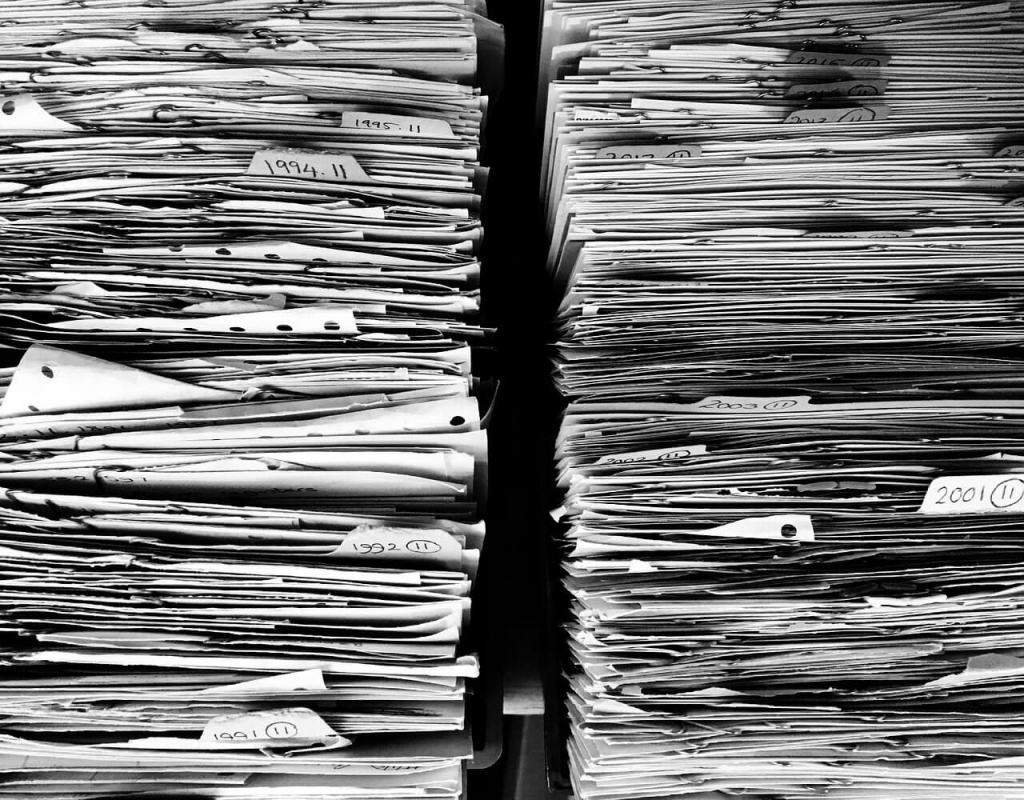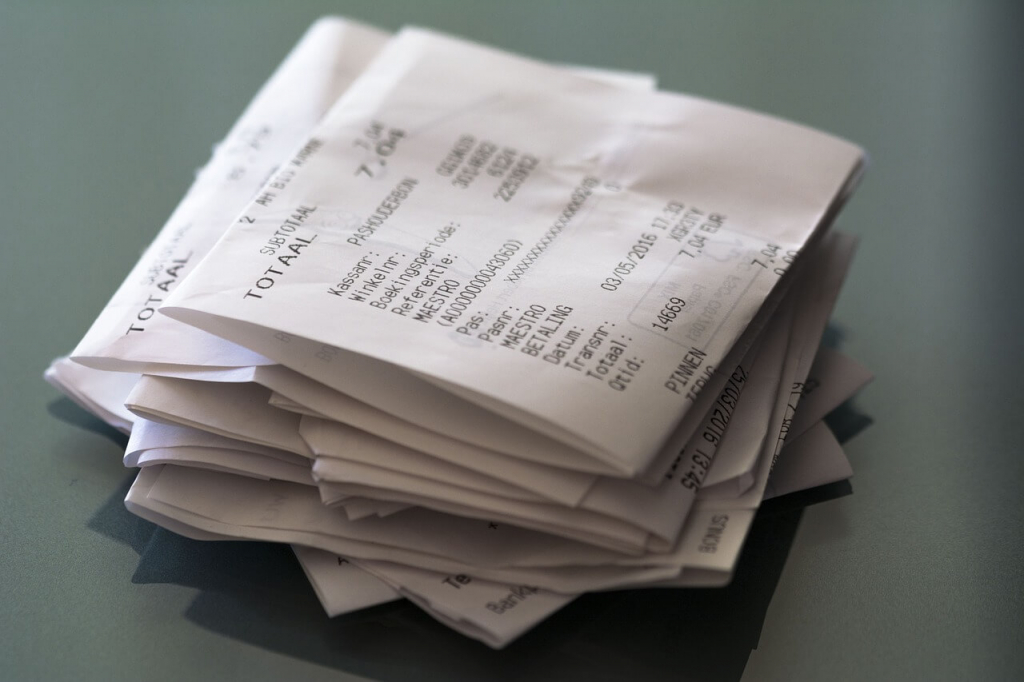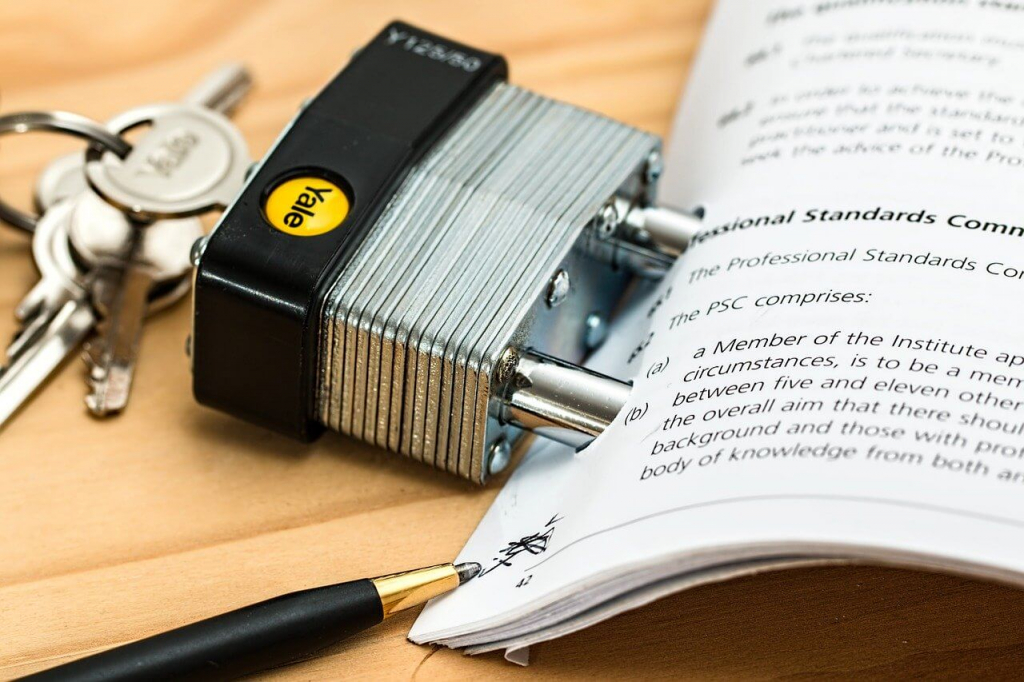There are several documents needed if you are renting out properties. If you have multiple properties, then expect a large pile of papers on your desk. But do you have to keep all of it? Can you throw some of it out?
The answer is yes. But before you go out and buy garbage bags, figure out what to throw away first and what to file for safekeeping. Some documents are needed during the entire duration of a tenant’s lease but some of them have served their purpose or will no longer have any purpose at all. This list will help you determine which documents are for filing and which are not. Be an organized landlord with this as your guide.
· Keep the documents of your present tenants
Keep a file of present tenants and the documents that are related to them such as their leasing agreement or any log of their complaints and encounters with other tenants. This will serve as your reference and proof of any problems or misconduct that may occur.
For example, if a tenant was seen smoking inside the premises despite your strict “no smoking” policy, remind them that they signed a contract agreeing to this rule and you have the documents to back it up.
Every contract that is related to them renting your properties should be kept and organized.
· File documents of previous tenants that can be used until the statute of limitations is over
Even though a previous tenant’s leasing agreement has expired, it is still advisable to keep their documents just until the period that they can file a lawsuit against you is over. Orient yourself on how long the statute of limitations in your area are. For example, in Texas, it is 4 years.
You might also need the documents of previous renters if you plan on filing a lawsuit against them. Their files will be a great help on your part if there are official papers to back up any of your legal claims.

· Keep proof of any maintenance and operational costs.
File those papers for as long as you own the property. These will tell you the current value of your properties and how much you’ve spent on maintaining the unit in livable conditions. If you’re planning on renting it out again, assess the value before crafting a new listing and publishing it on property management sites like Padleads and syndicate it to popular rental websites.
Keeping documents will ensure that you have records of their payments, too. If a tenant vacates a property without paying the required amount for a security deposit stated in your lease agreement, then you have the option to file a lawsuit. Just make sure that you have proof that they have not completed their payment.

What will happen if you discard their files a little early?
Your aim might be to declutter or get rid of excess documents but bear in mind that you might throw out the only thing that can save you from an unexpected lawsuit. When it comes to legal matters, your priority is to have proof that you didn’t violate anything.
In some states, a landlord must state anyone who is certified to act on his/her behalf in the events that the landlord is unavailable for any concerns. This should be included in the contract that the tenant will sign. That way, they can never claim that you have been authorizing someone else that is not identified to act in your behalf.
If you have thrown out their lease agreement and they make a claim like this, then their claims will be considered and it would be qualified for investigation.

Should you keep documents of denied tenants?
The answer is still yes. Denied tenants may not always accept rejection the way you want them to. Not everyone can understand that landlords need to be watchful on who they rent out their properties to. Keep their applications for at least two years before discarding them. If you have notes written down with reasons for rejecting them, keep those too. They might complain about discrimination even though you rejected their application due to non-discriminatory reasons.
Learn the importance of your documents before getting rid of them. If you must, hire someone to assist you to keep things organized and filed.